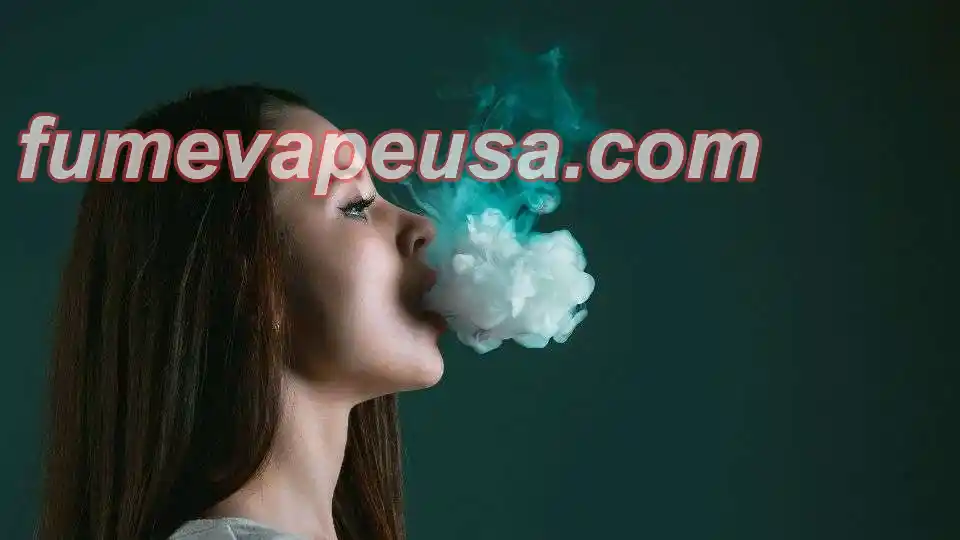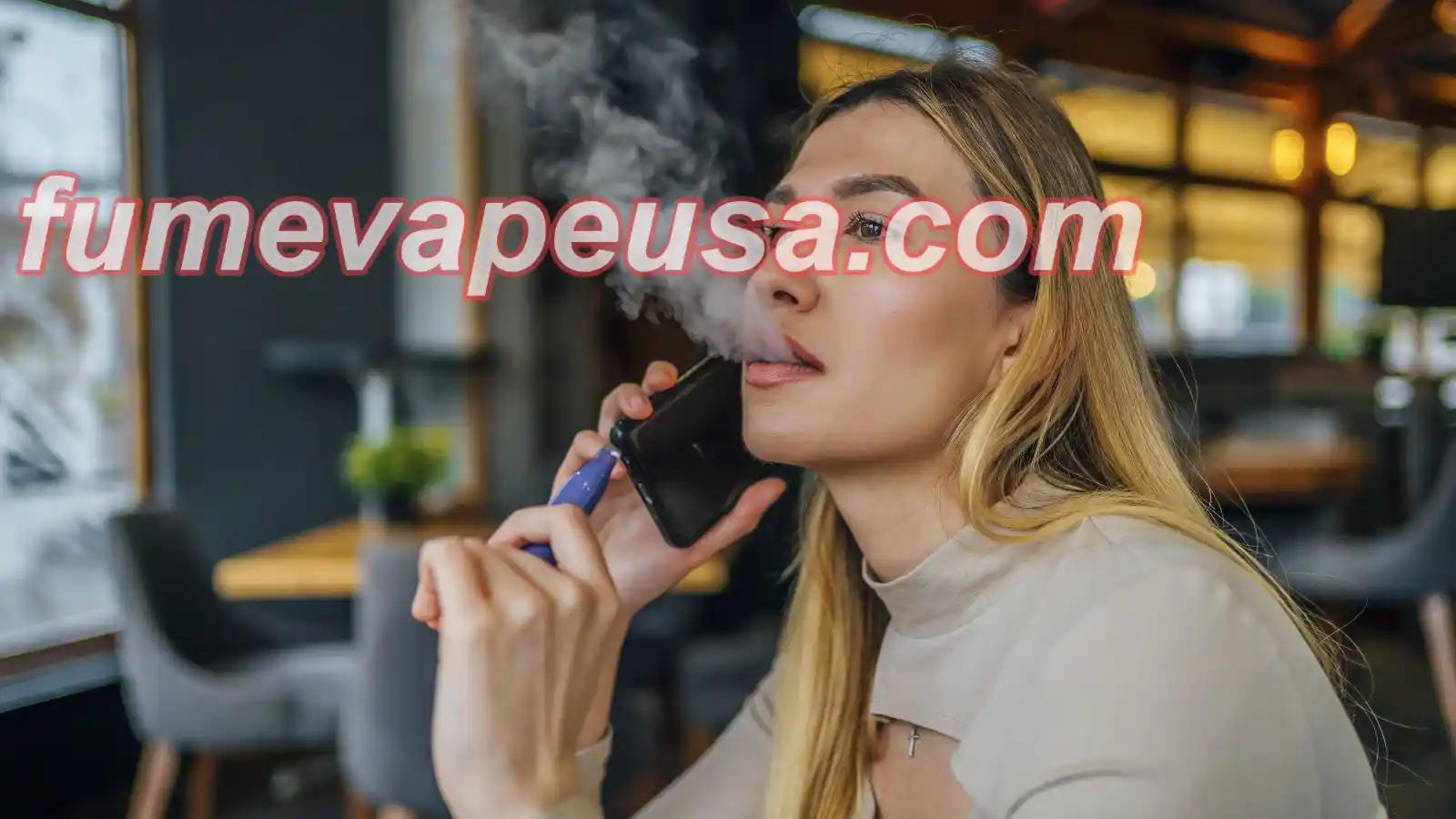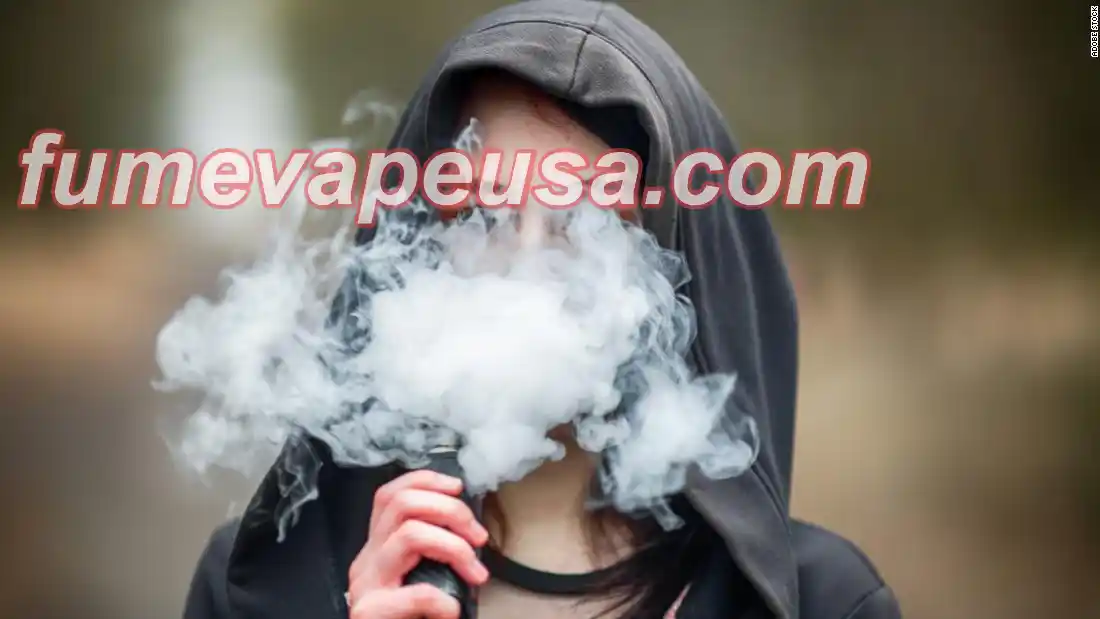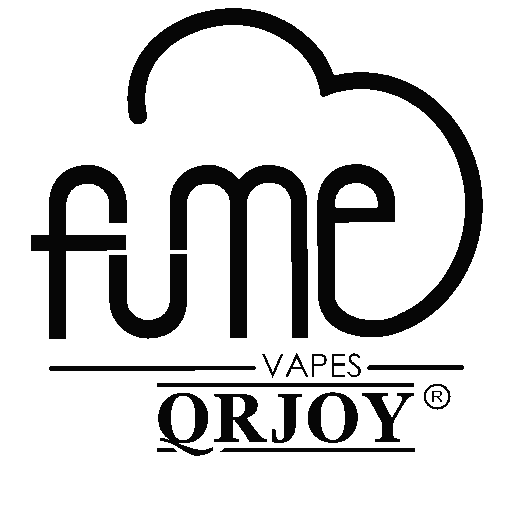Quebec Vape Ban Sparks Black Market Surge: Policy Backfires
Since the implementation of the ban on non-tobacco flavors vapes in Quebec, the goal was to reduce youth smoking rates and decrease the appeal of flavored vapes to minors. However, one year after the ban was enacted, it appears that the policy has not met its intended objectives. Instead, it has fueled a booming underground market. A survey by Imperial Tobacco Canada (ITCAN) reveals this trend: despite the ban on the sale of flavored vapes, the majority of vape users in Quebec still obtain these products through illegal channels. Aside from insufficient enforcement, the ban itself exposes several undeniable flaws, which may have even worsened the health crisis. A deeper analysis of this issue can provide important insights for future policy design.
Demand for Flavored Vapes Hard to Suppress
A survey conducted by ITCAN in collaboration with market research firm Leger shows that, despite the ban, the demand for flavored vapes has not disappeared, but rather has driven consumers toward the black market. Key findings from the survey include:
- 61% of vape users reported that they had still purchased non-tobacco flavored vapes in the past 12 months.
- Of these purchases, around 40% were made through vape shops, while 33% were obtained through online channels selling banned flavored vapes.
- Even more striking, 47% of consumers knowingly purchased illegal vapes, yet still chose to continue buying them.
These statistics reveal a clear trend: although the policy restricts the legal market, consumer demand has not been curbed. Instead, consumers have been forced to turn to the black market to get their preferred flavors. If Fume vape keeps you fueled, wait until you try this! This not only makes the government’s ban ineffective, but it may also lead to more serious public health issues, as products in the illegal market are unregulated, and their safety, quality, and ingredients cannot be guaranteed.
Government Enforcement Failures: Insufficient Resources and Enforcement
ITCAN has strongly criticized the failure of the ban to achieve its goals, pointing to serious issues in Quebec’s enforcement process. Eric Gagnon, Vice President of Regulatory Affairs at ITCAN, stated, "If the government's goal was to create a tax-free, unregulated vape market, it has been very successful in that." This sharp criticism highlights significant problems in enforcement. According to government data, Quebec has around 150 vape shops, but only 38% of these shops were inspected by the Ministry of Health and Social Services (MSSS). Despite 90% of these shops being found to be non-compliant, only 28 shops were fined. This suggests that the vast majority of violations went unpunished, allowing the illegal market to grow rapidly in an environment of weak regulation.
The lack of resources in government enforcement agencies and inadequate enforcement have greatly reduced the effectiveness of the ban, enabling illegal vendors to easily meet consumer demand. Furthermore, the lack of professional training and technical support for enforcement personnel has exacerbated the issue. With the increasing complexity of the vape market, especially the rise of online sales, traditional inspection methods are clearly struggling to keep up with the rapid growth of the black market. The government needs to invest more in technology, talent, and funding to address this challenge.
ITCAN’s Recommendations and Government Response
In response to the expansion of the illegal market, ITCAN has put forward several targeted recommendations:
- Increase Inspector Training and Resources: Improve the professionalism and equipment of enforcement personnel to help them better identify and combat illegal activities. For example, the inspection of vape product ingredients and labeling needs to be more thorough and specialized, especially considering the emergence of new illegal products.
- Increase Fines and Criminal Penalties: Strengthen penalties for illegal vendors, especially those deliberately circumventing the ban. High fines could reduce the motivation for vendors to engage in illegal activities and enhance the deterrent effect of enforcement.
- Targeted Law Enforcement Actions: The government should regularly carry out special enforcement campaigns, conducting surprise inspections of businesses suspected of non-compliance to create a deterrent effect.
- Strengthen Online Oversight: With the rise of e-commerce platforms, an increasing number of illegal vapes are sold online. The government should collaborate more closely with internet platforms to crack down on illegal online stores and close the loopholes in the "virtual market."
These suggestions reflect ITCAN's deep reflection on the policy's execution. However, merely strengthening enforcement will not fundamentally resolve the problem. Policymakers need to consider whether the ban is truly the best solution to the issue.

A Global Perspective: How Bans Fuel the Black Market
The situation in Quebec is not isolated. Many regions, including the United States and Europe, have attempted similar bans, with often similar results: the bans fail to eliminate consumer demand and instead drive up the scale of the black market. For example, after certain U.S. states implemented bans on flavored vapes in 2019, the illegal sale of vapes increased rapidly. Governments in many banned regions have since found that, despite strict restrictions on the sale of flavored vapes, the underground market has become more active. This phenomenon not only increases the difficulty of regulation but also brings more serious health risks.
The main reasons for the failure of bans include:
- Consumer Demand Does Not Disappear: Many adults, especially those trying to quit smoking, use flavored vapes as a tool for smoking cessation. The ban did not take into account this group's specific needs, leading to their reliance on illegal products.
- Insufficient Enforcement Resources: After the ban was implemented, governments faced enormous regulatory pressure. The vape market is vast and diverse, and illegal vendors are adept at evading inspections, making it difficult for enforcement personnel to keep pace with the rapid growth of the black market.
- The Black Market Introduces Unsafe Products: The existence of the illegal market has allowed substandard, unsafe vape products to flood the market. These unapproved products may contain harmful substances and could pose even greater risks to user health.
- Consumer Behavior Cannot Be Easily Changed: For many vape users, flavor is an essential part of the smoking cessation process. The ban, by forcibly cutting off this demand, has not addressed the root issue for smokers, and instead, has forced them to turn to the black market.
Reflections and Insights: How to Avoid the Side Effects of Bans
Although the goal of Quebec’s flavored vape ban was clear, its implementation exposed numerous issues, offering valuable lessons for other countries and regions considering vape management policies. How can policymakers protect public health while avoiding the negative consequences of bans?
First, policymakers should focus more on "demand management" rather than relying solely on bans. Given the widespread demand for flavored vapes, alternative solutions should be explored, such as providing safer alternatives and encouraging vape manufacturers to create low-risk, non-harmful products. Research indicates that flavored vapes can effectively aid in smoking cessation, so the ban may not fundamentally solve this demand and could even lead to more health problems.
Second, the government should enhance public education to raise consumer awareness about the risks of vaping. By providing positive guidance, consumers can better understand the real risks of vaping and reduce their dependence on flavored vapes. At the same time, efforts to crack down on the illegal market should be increased to make it harder for consumers to access unregulated products.
Finally, considering the unique nature of the vape market, policies should be more flexible. When implementing a ban, policymakers could consider a gradual phase-out of flavored vapes from the market or establish strict quality control and certification programs to ensure that products sold in the market are safer.

Summary
The implementation of Quebec’s flavored vape ban has provided valuable lessons for governments. While the ban was originally intended to protect public health, it has failed to address the demand for flavored vapes and instead has contributed to the growth of the black market. By strengthening enforcement, improving the details of the ban's implementation, offering safer alternatives, and educating consumers more effectively, the government may find more effective ways to address this complex issue. Most importantly, policy decisions should fully consider actual market demand and use scientific, comprehensive management strategies to minimize potential negative effects.
